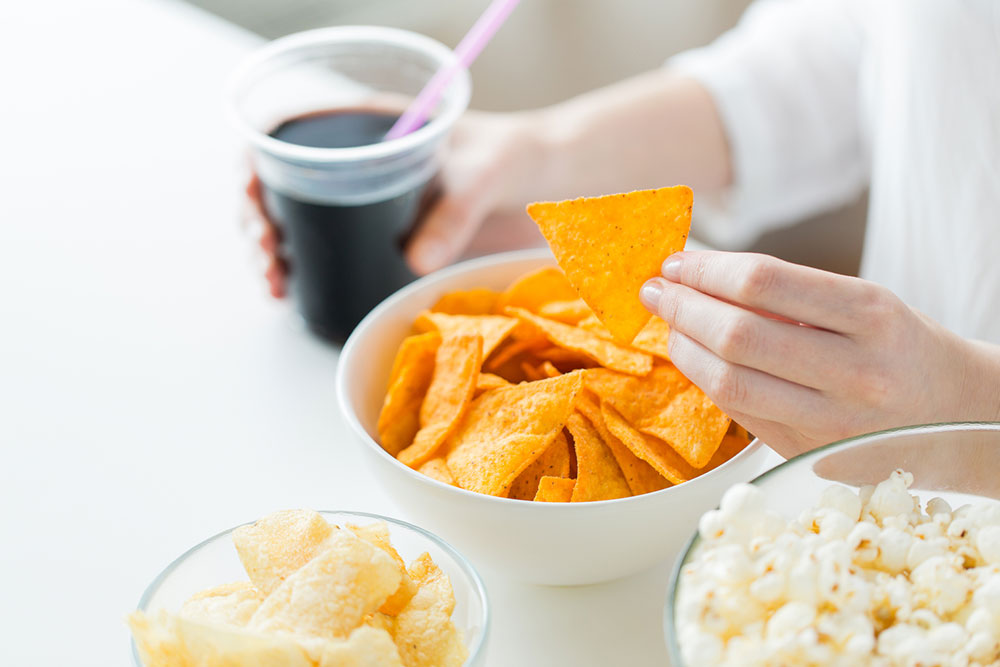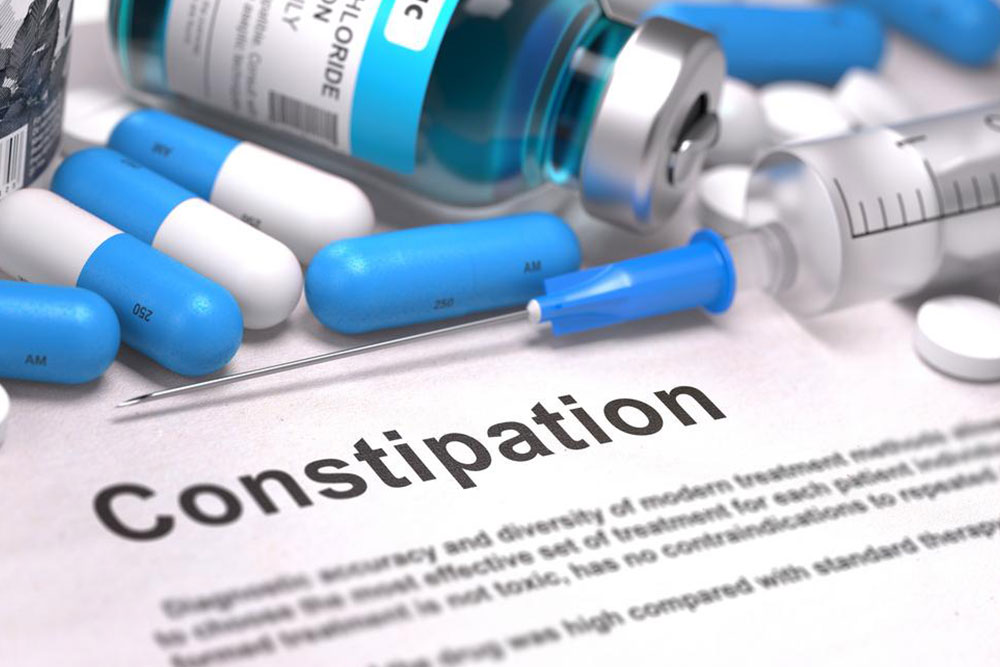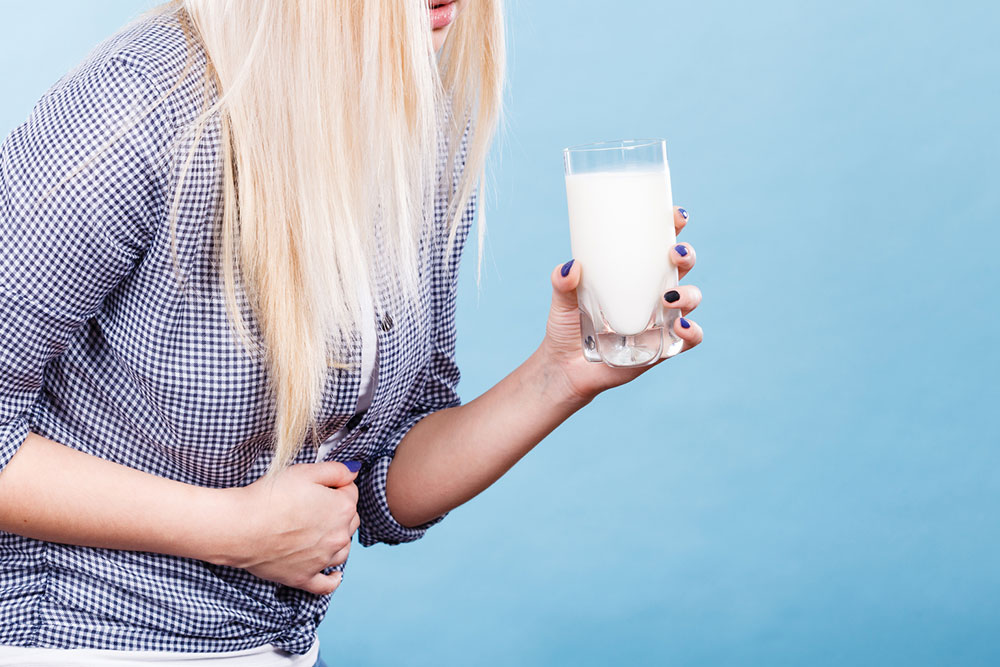Dietary Guidelines to Alleviate Constipation: Foods to Avoid for Better Digestive Health
Discover effective dietary strategies to combat constipation by identifying and avoiding foods that hinder digestion. This comprehensive guide offers insights into foods like processed foods, dairy, gluten, and fried items that can worsen bowel movement issues. Learn practical tips for improving gut health through smart food choices, helping you achieve regularity and comfort. Personalized diet adjustments are key for lasting relief, making this a valuable resource for anyone seeking to optimize their digestive wellness and prevent constipation naturally.

Essential Foods to Minimize or Skip to Promote Regular Bowel Movements
Constipation affects a vast portion of the population, often linked directly to dietary habits and food choices. While various factors can contribute to this common digestive problem, the foods we consume play a pivotal role in either alleviating or aggravating symptoms. Understanding which foods to limit or avoid can make a significant difference in managing constipation and promoting overall gut health. This comprehensive guide highlights specific dietary items that can hinder digestion and offer practical advice on modifications to improve bowel function.
Highly Processed and Fast Foods
One of the primary culprits behind constipation is the consumption of highly processed foods. Items such as bacon, hot dogs, sausages, and other processed meats tend to contain additives and preservatives that may interfere with normal digestion. Additionally, processed baked goods such as pastries, cookies, pizza, and white bread are made from refined flour that lacks dietary fiber. These foods digest slowly, often leading to stool hardening and difficulty passing bowel movements.
Refined grains, including white rice, pasta, and bread, are staple foods in many diets but are inherently low in fiber. Insufficient fiber intake is a well-known risk factor for constipation because fiber adds bulk to stool and helps maintain regular bowel movements.
Fried and Greasy Foods
Eating fried foods like French fries, potato chips, greasy burgers, and fried chicken can exacerbate constipation issues. These foods are rich in unhealthy fats, which slow gastric emptying and prolong digestion, thereby increasing the chances of stool becoming dry and difficult to pass.
Gluten-Containing Products
Foods that contain gluten, such as wheat, rye, and barley, may cause discomfort and constipation, especially in individuals with gluten sensitivities or celiac disease. Reducing gluten intake might improve digestive comfort and regularity in affected individuals.
Dairy Products
While dairy is a dietary staple for many, some people, particularly children, tend to experience constipation after consuming milk, cheese, and other dairy items. Dairy’s high fat content and potential for causing mucus buildup can slow down bowel movements in sensitive individuals.
Red and Processed Meats
Red meats such as beef and lamb are low in dietary fiber and contain high levels of fat, which can hinder digestion. Incorporating excessive amounts of red meat into the diet may contribute to slower digestion and increased risk of constipation.
Alcohol Consumption
Excessive alcohol intake can lead to dehydration, which significantly impacts stool consistency, making it harder to pass. Alcohol also slows down the digestive process, increasing the risk of persistent constipation. Moderation or minimizing alcohol consumption is advisable for those experiencing bowel issues.
Excessive Dietary Fiber or Supplement Intake
While dietary fiber is beneficial, overconsumption through supplements or fiber-rich foods can sometimes worsen constipation, especially if inadequate hydration is maintained. Men should aim for about 30-38 grams of fiber daily, and women about 21-25 grams, but individual tolerance varies. Consulting a healthcare provider for personalized advice is recommended.
Unripe Bananas
Contrary to popular belief, unripened bananas contain high amounts of resistant starch and tannins, which can bind with water and harden stool, potentially worsening constipation. Opting for ripe bananas might help in easing digestion.
Caffeine Intake
Coffee and caffeinated beverages are known to stimulate bowel movements in some people; however, excessive caffeine can dehydrate the body and dry out stools, making constipation worse in certain cases. Monitoring and moderating caffeine intake can help manage symptoms.
It’s important to recognize that food impacts each individual differently. For optimal digestive health, tailoring dietary modifications and avoiding specific trigger foods can significantly alleviate constipation and support a healthier gut.





